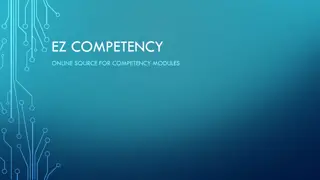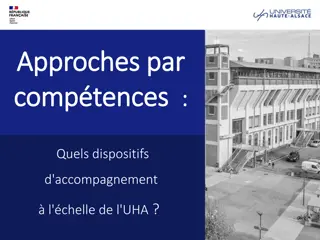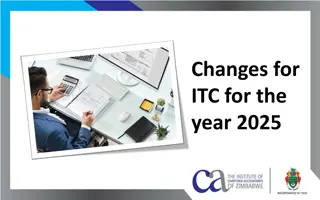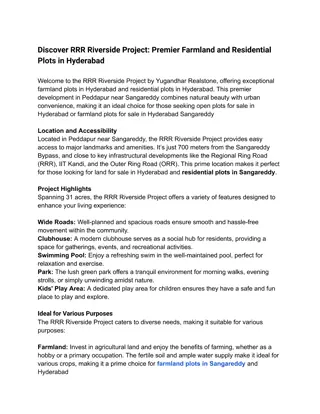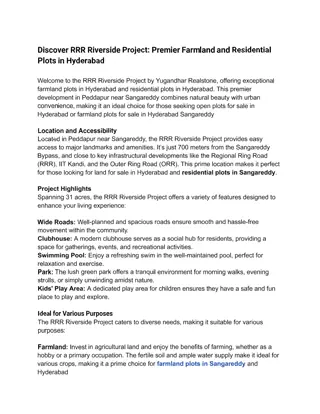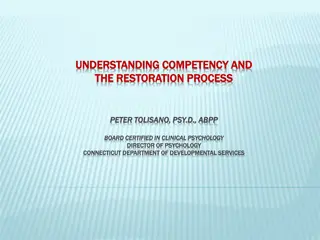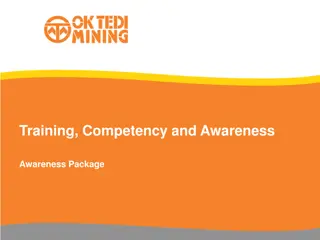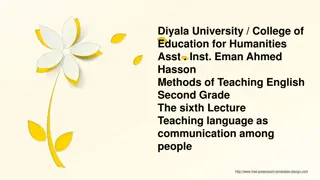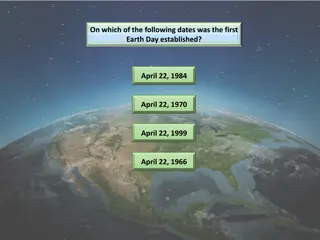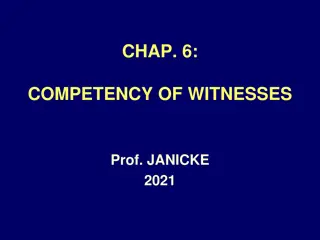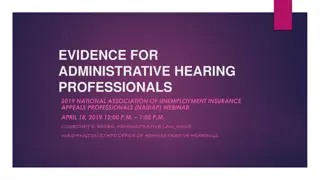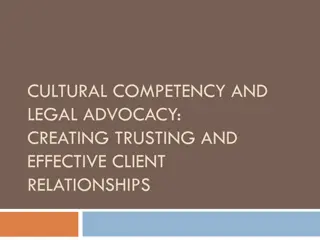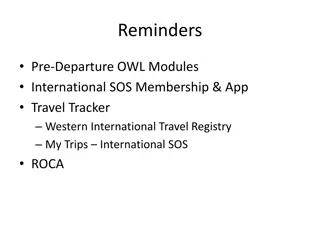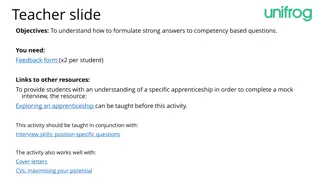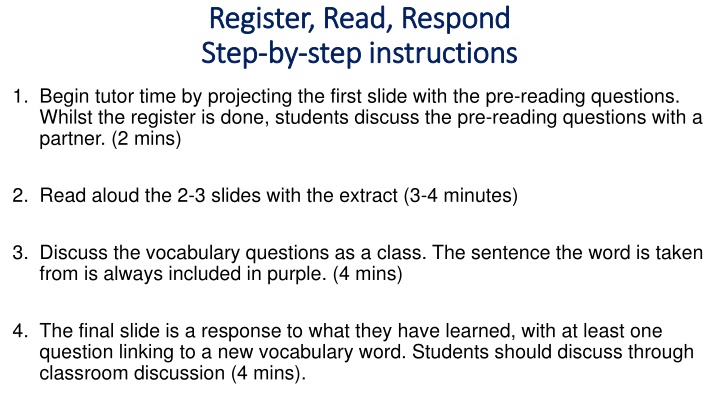
Children's Literacy Levels Affected by Social Media Use: Insights and Implications
Discover how heavy use of social media is impacting children's literacy levels based on a landmark study from University College London. The study reveals a concerning link between social media usage and literacy development. Find out about the potential effects on wellbeing, academic performance, and future prospects, along with insights on gender differences in social media and gaming preferences.
Download Presentation

Please find below an Image/Link to download the presentation.
The content on the website is provided AS IS for your information and personal use only. It may not be sold, licensed, or shared on other websites without obtaining consent from the author. If you encounter any issues during the download, it is possible that the publisher has removed the file from their server.
You are allowed to download the files provided on this website for personal or commercial use, subject to the condition that they are used lawfully. All files are the property of their respective owners.
The content on the website is provided AS IS for your information and personal use only. It may not be sold, licensed, or shared on other websites without obtaining consent from the author.
E N D
Presentation Transcript
Register, Read, Respond Register, Read, Respond Step Step- -by by- -step instructions step instructions 1. Begin tutor time by projecting the first slide with the pre-reading questions. Whilst the register is done, students discuss the pre-reading questions with a partner. (2 mins) 2. Read aloud the 2-3 slides with the extract (3-4 minutes) 3. Discuss the vocabulary questions as a class. The sentence the word is taken from is always included in purple. (4 mins) 4. The final slide is a response to what they have learned, with at least one question linking to a new vocabulary word. Students should discuss through classroom discussion (4 mins).
Competency Children s literacy levels fall as social media hits reading
Register, Read, Respond Children s literacy levels fall as social media hits reading Pre-reading questions during registration 1. At what age did you get your first phone, computer or tablet? 2. Do you think there is a problem with young people being addicted to their phones, computers and tablets? 3. Is social media a help or a hindrance?
Childrens literacy levels fall as social media hits reading (1/3) Heavy use of social media by children has been linked to lower levels of literacy for the first time. The landmark study by University College London (UCL), based on 11,000 children tracked from their births in 2000, found their time on social media could be detracting from reading and homework, with a potential knock-on effect on their literacy. Professor Yvonne Kelly, director of UCL s International Centre for Lifecourse Studies, said the findings suggested a link between the amount of time young people spend on social media and their levels of literacy. Both boys and girls who were heavier users were affected the same. We looked at whether the more time young people spend on social media, the less time they have for the things that might improve their literacy such as reading for enjoyment and doing homework, said Professor Kelly. She said it was not time for the government to consider setting official healthy time limits on children s social media use outside school. Her research also showed heavy users of social media and particularly girls were more likely to be depressed. More hours spent on social media appear to impact negatively on young people s wellbeing and could have knock on effects for their longer-term prospects at school and work, she wrote in an article for the Royal Society for Public Health s scroll-free campaign for people to give up social media for September. Figures from the millennium cohort study, which tracked children born in 2000 at ages nine months, three, five, seven, 11 and 14, found that by their teenage years children were far more likely to spend time on social media or video games after school than doing homework or reading books. Around half of the teenagers spent some time on social media on a weekday. It was higher for girls at six in ten (61 per cent), against 39 per cent among boys. One in ten spent more than three hours a day on social media, although the average time was 1 hour 21 minutes per day.
Childrens literacy levels fall as social media hits reading (2/3) For boys, gaming was more popular than social media. Almost half (48 per cent) of all boys had spent time on video games, and of these 12 per cent reported spending more than five hours a day gaming. Just one in ten girls had spent any time on video games. By comparison, only 40 per cent did homework on an average weekday with boys (35 per cent) less likely than girls (44 per cent). Those who did do homework spent an average of 1 hour 13 minutes on it. Only one in ten spent any of their spare time reading, although girls (14 per cent) were more likely to do so than boys (seven per cent) Dr Cara Brooker, research fellow at Essex University s Institute for Social and Economic Research (IESR), said the tendency to use shorthand words on social media or when texting such as nite , u and @ could be having an impact on literacy. Communication skills in face-to-face situations have been on the decline since social media has become more widely used. Speaking and listening skills are often the forgotten literacy dexterities and students will struggle in work, school and personal relationships without them, she said. Research by UCL and the IESR also found the heaviest users of social media, including 10-year-olds spending up to four hours a day online, suffered greater levels of depression. Girls were 50 per cent more likely than boys to be using social media for four or more hours a day by the time they were teenagers and were also more prone to depression than boys.
Childrens literacy levels fall as social media hits reading (3/3) Key factors, according to the researchers, were lack of sleep, the increased risk of cyber-bullying and low self-esteem from an obsession with likes . Professor Kelly said: Our research indicates it may indeed be time for recommended healthy and safe limits of social media use and that a focus on girls, especially initiatives to boost their mental health could help mitigate some of the negative effects. Heavy users of social media are less happy and have more problems at school and at home. Interventions to help them limit and manage social media use better are likely to be important. Girls are particularly vulnerable to the negative effects of social media and may be an important group to focus on among those looking to mitigate these effects. Dr Booker said guidance recommending limits of potentially two hours for under 11s and three or four hours for adolescents could help parents enforce rules on tech use within the home. It gives everybody parents, adolescents and adults an idea of how much time you should be spending on screen as well social media, she said. A lot of what children do is modelled on our behavior. If everyone has in their head a time of two hours, it means that you can have time when you are technology free, like no phones at the dinner table.
Vocabulary work prospects, dexterities, mitigate 1. What does it mean to have prospects? (More hours spent on social media appear to impact negatively on young people s wellbeing and could have knock on effects for their longer-term prospects at school and work. ) 2. If you possess dexterity, what might this suggest? (Speaking and listening skills are often the forgotten literacy dexterities.) 3. If someone attempts to mitigate something, what might they be trying to do? (Our research indicates it may indeed be time for recommended healthy and safe limits of social media use and that a focus on girls, especially initiatives to boost their mental health could help mitigate some of the negative effects.)
Register, Read, Respond Touching the Void Response questions 1. Explain why the writer thinks social media is to blame for the decline in students core literacy skills. 2. How far do you think social media is to blame for the lack of core literacy skills in young people? 3. Do you agree with time restrictions? What else could be done to ensure young people work to improve their core literacy skills?



